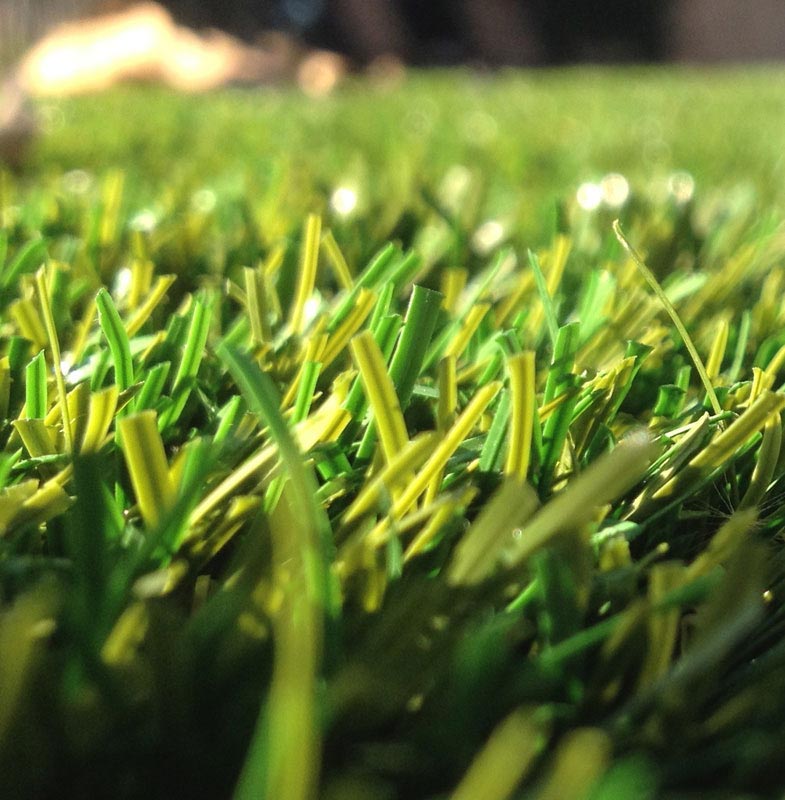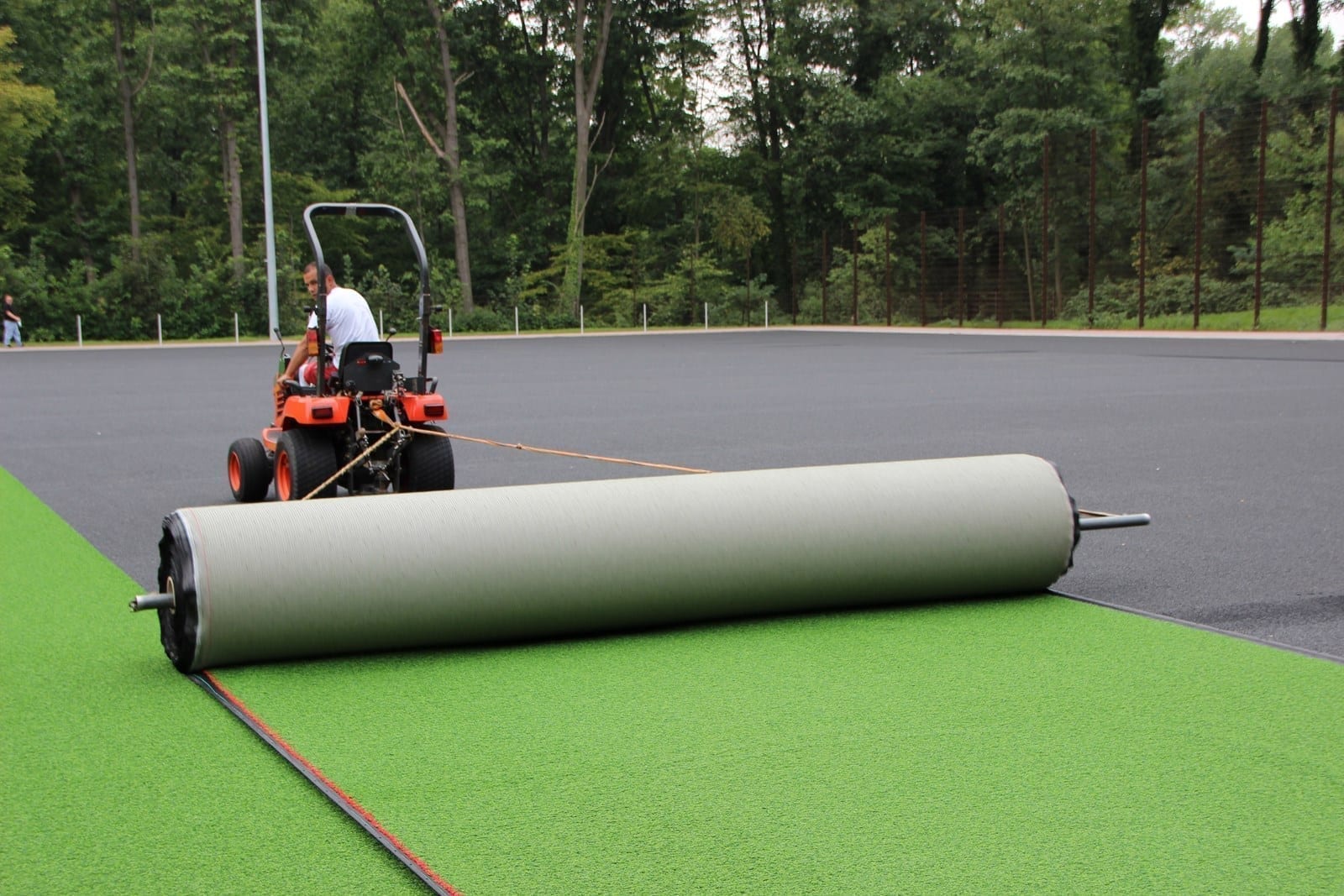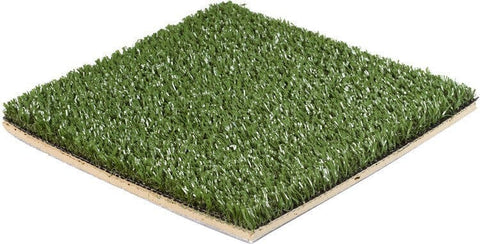Expert Arizona Turf Installation Services for Home and Commercial Use
Expert Arizona Turf Installation Services for Home and Commercial Use
Blog Article
Look Into the Environmental Benefits of Opting for Artificial Grass Solutions
The fostering of synthetic grass solutions provides an engaging opportunity to attend to pressing ecological challenges. By dramatically minimizing water usage and decreasing the application of dangerous chemicals, these options not only advertise lasting landscape design however likewise protect regional environments. The reduced carbon footprint associated with lowered upkeep activities adds to a much more lasting approach to land monitoring. However, the implications of these advantages expand past simple conservation efforts, questioning about their lasting effect on habitat conservation and total ecological balance. Discovering these measurements discloses an intricate interaction worth thinking about.
Water Preservation Conveniences
One of the most significant benefits of synthetic grass is its capability to preserve water. In contrast, fabricated lawn does not need watering, considerably reducing the total need for water sources.
By eliminating the requirement for regular watering, synthetic grass adds to lasting landscape techniques and helps mitigate the ecological effect of excessive water intake. The conservation of water expands to the decrease of overflow, which can lead to soil disintegration and waterway contamination.
Additionally, the installation of synthetic grass enables house owners and municipalities to allocate water resources a lot more effectively, concentrating on important uses such as alcohol consumption water and agriculture. The shift towards fabricated grass not only promotes accountable water use however additionally straightens with wider environmental goals focused on preserving all-natural resources.
As neighborhoods significantly prioritize sustainability, the water preservation benefits of man-made grass present a compelling case for its fostering in household and industrial landscaping projects.
Reduced Chemical Usage
The change to fabricated lawn significantly reduces the reliance on chemical treatments frequently made use of in all-natural lawn maintenance. Traditional turf management usually involves the application of herbicides, fertilizers, and pesticides to promote development and control bugs. These chemicals can present risks to human health, neighborhood wild animals, and the environment, contributing to soil and water contamination.
In comparison, synthetic lawn gets rid of the demand for these damaging substances. By minimizing the launch of artificial compounds right into the community, artificial lawn advertises healthier dirt and water systems.
Additionally, the absence of chemical drainage connected with synthetic grass setups assists shield neighborhood rivers from pollution, supporting aquatic life and maintaining biodiversity. Arizona artificial turf. As areas increasingly prioritize sustainable practices, choosing synthetic grass provides a feasible option that straightens with environmental conservation objectives. Through this change, homeowner can appreciate lavish environment-friendly spaces without endangering environmental wellness, leading the way for a much more lasting future
Reduced Carbon Footprint

Furthermore, the installment of synthetic grass can result in substantial water preservation. All-natural yards require significant amounts of water for watering, which not just includes to the carbon impact related to water removal and treatment but also pressures local water resources. In comparison, man-made lawn needs marginal maintenance, needing no watering, thus significantly minimizing water usage and its linked power prices.
Furthermore, the durability of artificial lawn contributes to its decreased carbon effect. With a life expectancy of as much as 15 years or more, the requirement for frequent replacements is reduced, leading to much less waste and reduced energy usage in manufacturing and getting rid of typical grass alternatives. In general, synthetic grass provides a sustainable choice for ecologically aware landscaping.
Environment Preservation
Habitat preservation is a vital consideration in the argument over landscaping choices, particularly when comparing synthetic grass to natural yard. All-natural grass lawns commonly call for substantial upkeep, consisting of using herbicides, chemicals, and fertilizers, which can adversely affect regional communities. These chemicals can seep right into the dirt and waterways, hurting native flora and fauna and interfering with regional environments.
Artificial grass gets rid of the demand for hazardous chemicals, consequently shielding nearby wildlife and maintaining the integrity of surrounding communities. The setup of fabricated lawn can lead to the conversion of previous lawn locations into why not find out more even more biodiverse landscapes, such as pollinator gardens or native plant locations, which can support local wildlife.
Eventually, the transition to synthetic grass not only conserves water and decreases maintenance efforts but also cultivates an extra harmonious partnership between human activities and the natural surroundings, advertising environment preservation at the same time.
Long-Term Sustainability
Long-term sustainability is a crucial consider reviewing the advantages of synthetic grass over standard lawn lawns. Among the most considerable benefits of man-made lawn is its resilience; it can last as much as 15-20 years with very little maintenance, whereas all-natural turf requires frequent reseeding and substitute. This durability decreases the need for constant resources, such as water, fertilizers, and pesticides, which are crucial for keeping a healthy and balanced yard lawn.
Additionally, synthetic grass contributes to a reduction in carbon emissions related to lawn care devices. Typical grass usually call for gas-powered lawn mowers, trimmers, and blowers, all of which add to air pollution. Arizona artificial turf. On the other hand, synthetic lawn eliminates the requirement for such devices, promoting a cleaner setting
Additionally, the production of man-made grass increasingly utilizes recycled products, enhancing its sustainability account. As manufacturers take on environment-friendly techniques, the ecological footprint of synthetic grass remains to decrease.

Conclusion
The adoption of artificial turf services provides substantial ecological benefits, including substantial water conservation, decreased dependence on unsafe chemicals, and a reduced carbon impact. Man-made turf help in preserving natural habitats by reducing land disturbance and advertising lasting sustainability with the use of durable products. Jointly, these aspects highlight the potential of synthetic turf to add favorably to ecological wellness and use a sensible option to standard landscaping practices in a progressively resource-conscious world.
In contrast, fabricated lawn does not need watering, considerably decreasing the total need for water resources. By decreasing the launch of synthetic substances right into the environment, man-made grass promotes much healthier dirt and water systems.
Moreover, the installment of man-made grass can result in significant water conservation. In comparison, fabricated lawn requires marginal upkeep, requiring no watering, therefore substantially decreasing water use and its associated energy prices.

Report this page